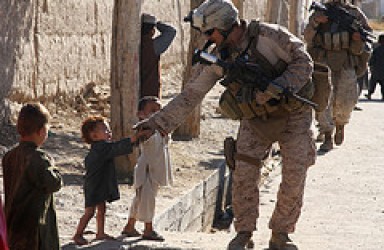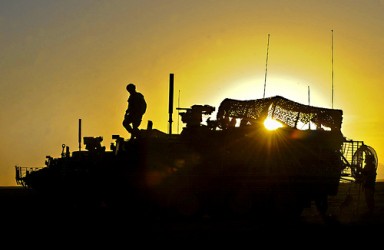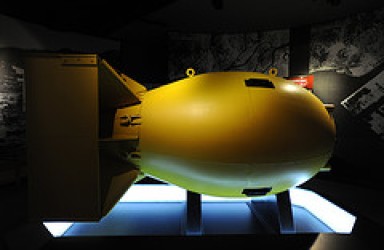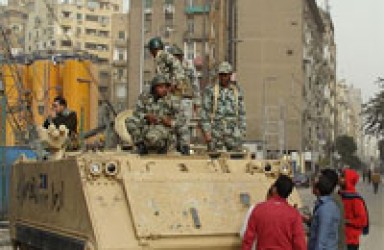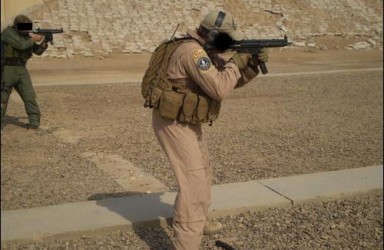Should Official Development Assistance be used to combat radicalisation?
Official Development Assistance (ODA) is viewed as an important tool in the fight against terrorism, yet this approach is fundamentally flawed and has resulted in the adoption of policies which have done little to combat radicalisation, but have severely hampered the provision of aid to those who need it.
Deconstructing the myth: A study of Irish neutrality, 1939-1973
Ireland’s perceived neutrality is a myth not sufficiently examined by theorists, politicians or the public, an illusion that has become a widely accepted ‘reality’. Study of Ireland’s foreign policy from the 1930s through to the 1970s shows two key strands guiding decision-making, blending ideology with diplomatic pragmatism.
All That Works Is Obsolete: The Shortcomings of US COIN That Must Be Addressed
The western way of war, in which conflict is politics/policy by other means, need not be the only lens through which the military understands problems, even if it remains the only lens through which it operates. Insurgencies are not fought simply for political reasons but also for intractable social and cultural reasons, and this lesson must be further examined and understood.
Darfur and South Sudan: United in Struggle, Divided by Future?
There is an urge now, on a social as well as political level, to settle the Darfur question lest it eventually goes down the same route as the South. But the question here is whether Darfur can actually be compared at all with the South; is separation even an option for ending the conflict?
The Comprehensive Test Ban Treaty: An Assessment
Despite unclear prospects for the CTBT, the international de facto norm against nuclear testing seems well established, and the already semi-functioning CTBT Organisation plays an important role in monitoring and verification. It is also important not to view the CTBT as an end in itself, as independently it will not be so effective as to make nuclear weapons obsolete.
British Counterinsurgency in the post-Cold War World
The ‘British approach’ for conducting counterinsurgency (COIN) operations can act as guidance for how to achieve the best results. This approach has been honed through Britain’s unique experience of empire policing and conduct in several small wars spanning over 150 years. However, it is now coming under criticism for its apparent lack of utility in the post-Cold War world.
Representation of Female Terrorists in the Western Media and Academia
One of the most striking continuities in the history of human societies is the tendency to educe women to their biological and societal roles. Endowed with the arguably greater responsibilities of pregnancy, women have often been made out to be ‘life givers’, ‘nurturers’ and ‘homemakers’, and little else.
How successful has the NPT regime been in curbing nuclear proliferation?
It is clear then that the Non Proliferation Treaty has enjoyed some success in curbing nuclear proliferation; most states have signed and abide by the rules of the NPT. The example of the A.Q Khan network as a non-state actor taking an active role in proliferation is a classic example of how the NPT is not effective at dealing with the problems the post cold war world faces.
U.S. Military Aid and Development
By assisting dictators with military aid the U.S. is actually hurting both development and security.This paper will first look at what the purpose of military aid is and its history. Then it will examine three cases studies of the U.S. providing military aid to developing countries in order to understand why aid is provided and how it is hurting security and development.
Contractors in the “War on Terror”: Enabling Global Military Deployment
What has begun as the “War on Terror” and is now a series of “overseas contingency operations” could in fact only go on in the global fashion that it did for almost ten years now because of the services provided by several hundred thousand contractors. In short, private contractors serve as enablers of this decade-old war, much like they have become enablers of most major Western militaries.


